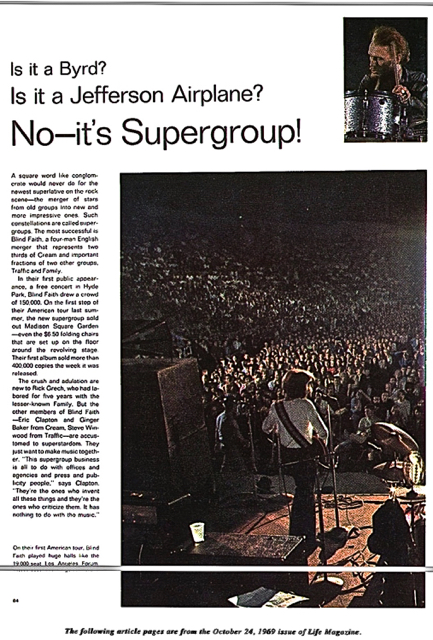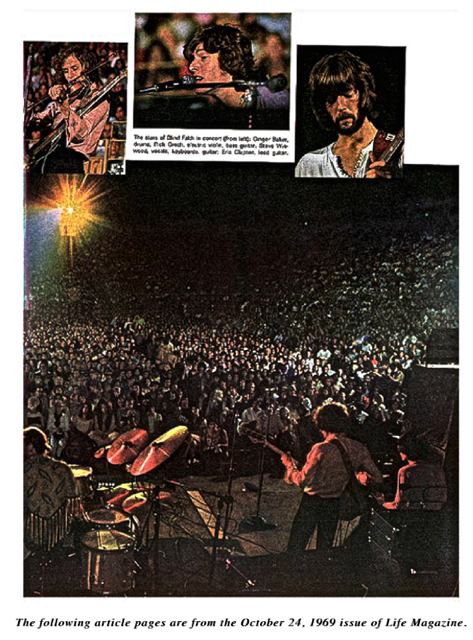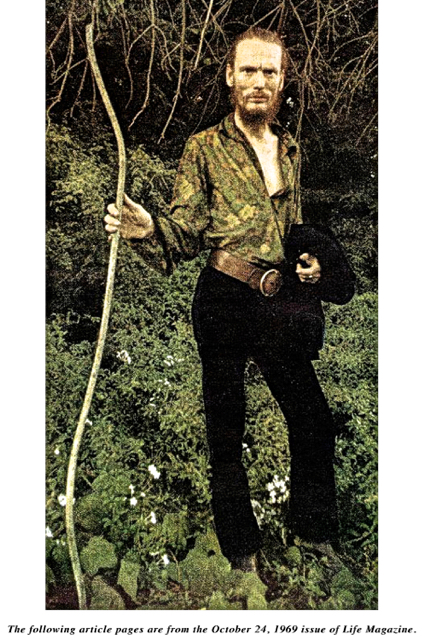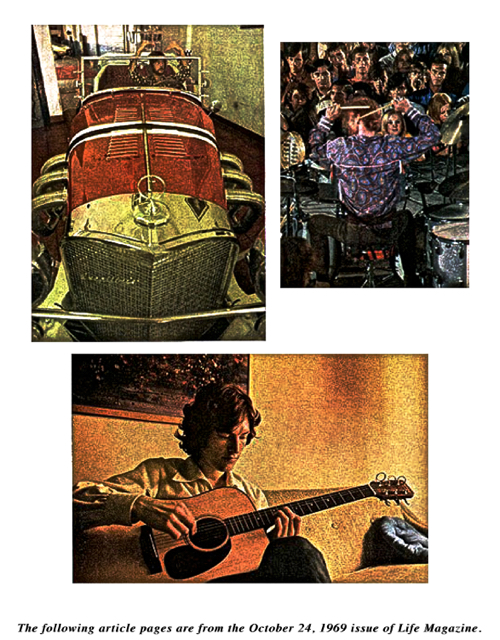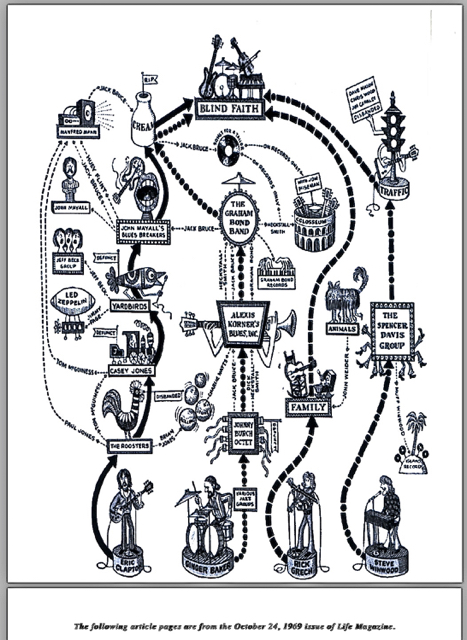Although @WheatWilliams great answer has probably answered the question satisfactorily, I figured I'd add in my two cents for rock and jazz supergroups.
Rock
Using the "History" section of the Wikipedia page you linked to and quoted as a source, Rolling Stone editor Jann Wenner credits Cream as the first supergroup. However, I think it's easy to argue against that, as the band that Jack Bruce and Ginger Baker were in before Cream, The Graham Bond Organization, didn't seem to have any chart singles or albums, and if that's what makes a group "successful", that would mean that the band wasn't successful. Though Clapton did achieve success with the Yardbirds, I think this excludes Cream using your definition.
Moving on to Wikipedia's list of musical supergroups, which seems to contain mostly "rock" groups, the first "supergroup" listed chronologically is The Steampacket (1965). However, I think they're only listed due to the presence of Rod Stewart (who wasn't really well known yet) in the band, and it should be noted that they didn't even release any albums while they were together; they operated as a live act only. Some of the members achieved great success after the breakup of the short-lived The Steampacket, but it doesn't seem like any of the members achieved much success with their previous groups, so I think this excludes The Steampacket as well.
With the first two alleged "supergroups" crossed off the list, this brings us to Crosby, Stills & Nash, the members of which were all in successful groups, each currently in the Rock & Roll Hall of Fame, before coming together as a trio in 1968.
- David Crosby was in The Byrds for about three and half years, racking up four Top 25 Billboard albums and two #1 singles, "Turn! Turn! Turn!" and the Bob Dylan cover "Mr. Tambourine Man" during his tenure with that group.
- Stephen Stills was a member of Buffalo Springfield before joining CSN. He wrote their biggest hit, "For What It's Worth", which was a #7 single. The band also contained Neil Young, who would occasionally record with CSN as Crosby, Still, Nash & Young.
- Graham Nash was in The Hollies, a Manchester group that achieved great success in the U.K., with 13 top ten singles and five top 25 albums in that country before Nash's departure.
I'd be inclined to say that Crosby, Stills & Nash was the first rock supergroup.
Jazz
As @WheatWilliams stated, it's difficult to pin down the first jazz supergroup, since group membership would change frequently and its improvisational nature allowed for albums to be recorded within a few days. That having been said, the general path towards success for most jazz musicians was to join with an already well-known bandleader, and after finding success with them, set out on their own to form their own group. This means that all previously successful musicians rarely came together for recordings or performances, and when they did it was usually reunions of groups at Festivals after most or all members had achieved success on their own as bandleaders.
So with the caveats out of the way, the first Jazz supergroup that I've been able to find, fitting the definition of all members having been successful before joining together, is The Quintet. Though they only performed together once, on May 15, 1953, the live album resulting from that performance, Jazz at Massey Hall, has been inducted into the Grammy Hall Of Fame and is in NPR's "Basic Jazz Library". The five members of The Quintet:
- Dizzy Gillespie (trumpet)
- Charles Mingus (bass)
- Charlie Parker (alto sax)
- Bud Powell (piano)
- Max Roach (drums)
Gillespie and Parker were bebop pioneers and are widely considered two of the greatest and most influential jazz musicians at their respective instruments. Mingus had already attained success recording and performing with Duke Ellington and Parker and had co-founded Debut Records with Roach the year earlier. Roach had drummed for Miles Davis on Birth Of The Cool, Coleman Hawkins on Body And Soul, and many, many others before hooking up with the quintet. And finally, Powell had played with Parker before and already had a successful tenure as a bandleader before recording with The Quintet.
Though I wouldn't be surprised if there were supergroups formed earlier than The Quintet, for now I'll deem them the first jazz supergroup.
